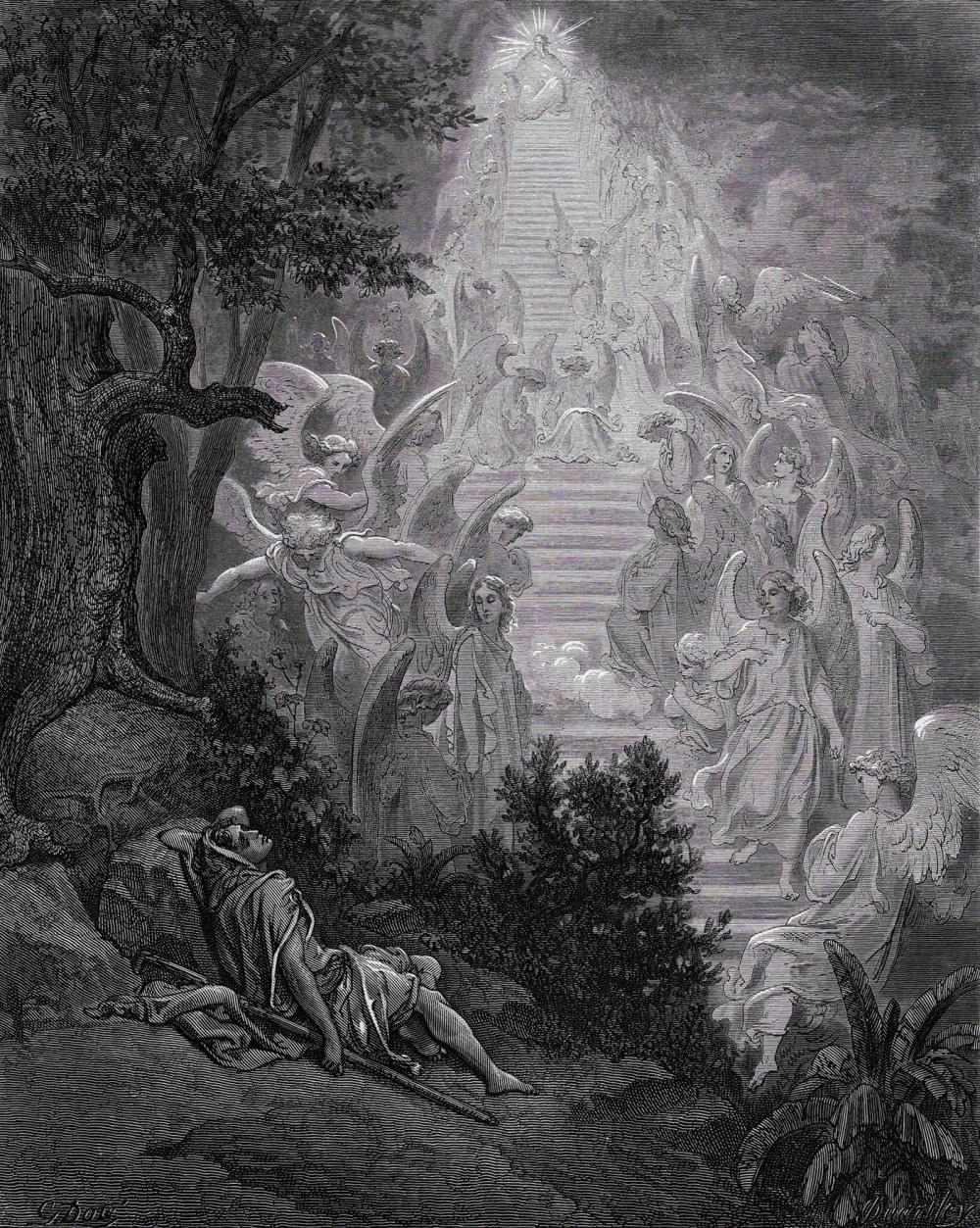Oddcast episode
June 8, 2025
Coming Back for More, Part V: Sami Yli-Karjanmaa on Reincarnation in Philo and Josephus

[Special thanks to the weird motor which periodically starts up in the background of this recording]
Philo of Alexandria and Josephus are our two best sources for Judaism in the crucial period before and during the great Jewish war, when the Temple is destroyed. How strange, then, that both authors indicate belief in reincarnation, which, it is often averred, does not become a Jewish belief until the rise, much later, of Kabbalistic notions in the later medieval period. In this episode we talk with Sami Yli-Karjanmaa, who has looked deeply into the reincarnationist body of evidence in both authors and assess what is to be found there.
Josephos divides the Jews of his day into three main ‘philosophies’ for his Græco-Roman audience: Saducees, Pharisees, and Essenes. He says that the Pharisees, in a number of passages, maintain a belief in some form of resurrection; this is most often read as being the bodily or quasi-bodily resurrection associated with late Second-Temple movements like the thinking behind 1 Enoch and apocalyptic more generally, the eschatological notions found in the Qumran scrolls, and Christianity, in writers like Paul of Tarsos especially. But Yli-Karjanmaa argues for a less well-attested position, namely that Josephos really means something more like cyclical, repetitive reincarnation (though presumably not into animal bodies, as some contemporaries theorised). We discuss some of the evidence here, and things get philological.
As for Philo, it seems prima facie unsurprising that Philo might support a reincarnationist view, since he adheres to Platonic ideas on so many points. However, the evidence is not straightforward; indeed, it would seem that, for Philo, the belief in cyclical reincarnation is a subject which needs cautiously to be avoided in writing, and which should be expressed circumspectly even when he does express it. Should we read Philo as very much an outlier, a radically-Platonising Jew, or, in light of what Josephos tells us about the Pharisees, should we maybe read his beliefs as a place where Plato and his particular strain of Jewish thought happily coincide? If the latter is the case, why the seeming need for caution and esotericism on Philo’s part? We address these questions and more.
Interview Bio:
Sami Yli-Karjanmaa Th.D. (2013), is docent of early Jewish and Christian literature at the University of Helsinki. He has published articles on Philo, Josephus, and patristics and is the author of Reincarnation in Philo of Alexandria (SBL Press, 2015) and Reincarnation in Clement of Alexandria: Salvific Cycles and Steps of Progress (Brill, 2025).
Works Cited in this Episode:
Primary:
Josephus:
- ‘a different body …’: B.J. 2.163.
- ‘being born again and receiving a better life …’: C. Ap. 2.218.
Plato:
- Incurable malefactors go to Tartaros vel sim: Phædo 113d; cf. R. 621c, Leg. 870d-e, where references to reward and punishment might pull in the direction of a permanent Tartaros vel sim. for the really bad, as well as transcendence of the cycle for the really philosophic.
2Macc. on the resurrection-body: 7:10-11.
Secondary:
Hengel, M., 1974. Judaism and Hellenism: Studies in Their Encounter in Palestine during the Early Hellenistic Period. SCM, London, p. 104.
Koskenniemi, E., 2005. The Old Testament Miracle-Workers in Early Judaism. Mohr Siebeck, Tübingen, e.g. pp. 269, 278‒9.
Mason, S., 1991. Flavius Josephus on the Pharisees: A Compositional-Critical Study. Brill, Leiden.
Melzer, A. M., 2014. Philosophy between the Lines: The Lost History of Esoteric Writing. University of Chicago Press, Chicago, IL.
For Recommended Reading see CB4M Part IV
Themes
Clement of Alexandria, Interview, Josephus, Judaism, Metempsychosis, Philo of Alexandria, Plato, Second-Temple Judaism


Comments
Comments are open to SHWEP members only
Join now to comment
Already a member? Log in here